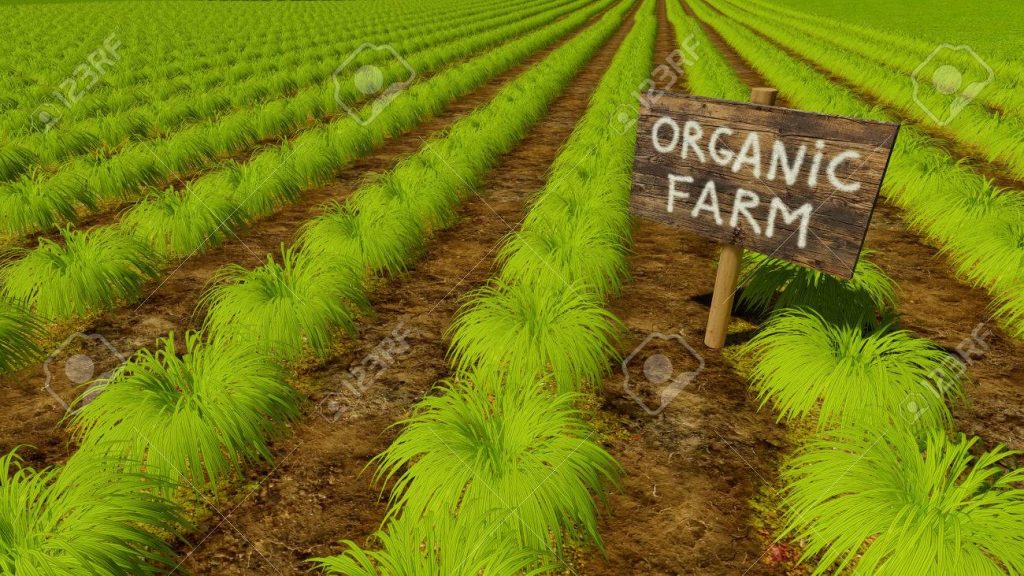By Akanimo Sampson
Organic farmland in Europe has increased by more than one million hectares just as organic producers are also on the rise.
The Research Institute of Organic Agriculture (FiBL) says organic land increased by 1.25 million hectares in Europe and by one million hectares in the European Union, representing an increase of 8.7 percent and 7.6 percent, respectively.
France reported over 290,000 hectares more than in 2017 and Spain reported over 160,000 hectares more.
FiBL is, however, one of the world’s leading institutes in the field of organic agriculture. Its locations are situated in Switzerland, Germany, Austria, France and representation in Brussels (Belgium) through FiBL Europe.
FiBL’s strengths lie in its interdisciplinary research, innovations developed jointly with farmers and the food industry, solution-oriented development projects and rapid knowledge transfer from research into practice.
Liechtenstein is the country with the highest organic share of the total farmland in the world
Organic farmland in Europe constituted 3.1 percent of the total agricultural land and 7.7 percent in the European Union.
In Europe, and globally, Liechtenstein has the highest organic share of all farmland (38.5 percent) followed by Austria, the country in the European Union with the highest organic share (24.7 percent).
Ten European countries reported that at least 10 percent of their farmland is organic.
In 2018, the European organic sector experienced strong growth in terms of area, producers and markets.
In the meantime, more than 15.6 million hectares of farmland are organic in Europe, with Spain having the largest area.
In Europe, 15.6 million hectares were organic in 2018 (European Union: 13.8 million hectares).
With 2.2 million hectares, Spain continues to be the country with the largest organic area in Europe, followed by France (2.0 million hectares), and Italy (2.0 million hectares).
Organic producers on the rise
There were almost 420,000 organic producers in Europe (European Union: almost 330,000), and the largest numbers were in Turkey (almost 80,000) and Italy (more than 69,000). The number of producers grew by 5.4 percent in Europe (7.2 percent in the European Union) in 2018.
There were almost 76,000 processors in Europe and almost 71,000 in the European Union.
Almost 5,800 importers were counted in Europe and more than 5,000 in the European Union. The country with the largest number of processors was Italy (more than 20,000), while Germany had the most importers (more than 1,700).
Retail sales surpass the 40 billion euro mark
Retail sales in Europe were valued at 40.7 billion euros (37.4 billion euros in the European Union). The largest market was Germany (10.9 billion euros). The European Union represents the second largest single market for organic products in the world after the United States (40.6 billion euros).
The European market recorded a growth rate of 7.8 percent. Among the key markets, the highest growth was observed in France (15.4 percent). In the decade 2009-2018, the value of the European and European Union markets has more than doubled.
In Europe, consumers spent 50 euros on organic food per person annually (European Union: 76 euros). Per capita, consumer spending on organic food has doubled in the last decade. Danish and Swiss consumers spent the most money on organic food (312 euros per capita in 2018).
Globally, European countries account for the highest shares of organic food sales as a percentage of their respective food markets.
Denmark is the first country to surpass the ten percent mark and has the highest organic share (11.5 percent) worldwide.
Individual products and product groups hold even higher shares. Organic eggs, for instance, reach around 30 percent of the value of all eggs sold in some countries.
The survey on organic farming in Europe was conducted by FiBL and AMI. The FiBL data collection was carried out in the framework of the global survey on organic farming supported by the Swiss State Secretariat for Economic Affairs (SECO), the International Trade Centre (ITC), the Coop Sustainability Fund, NürnbergMesse and IFOAM – Organics International.

